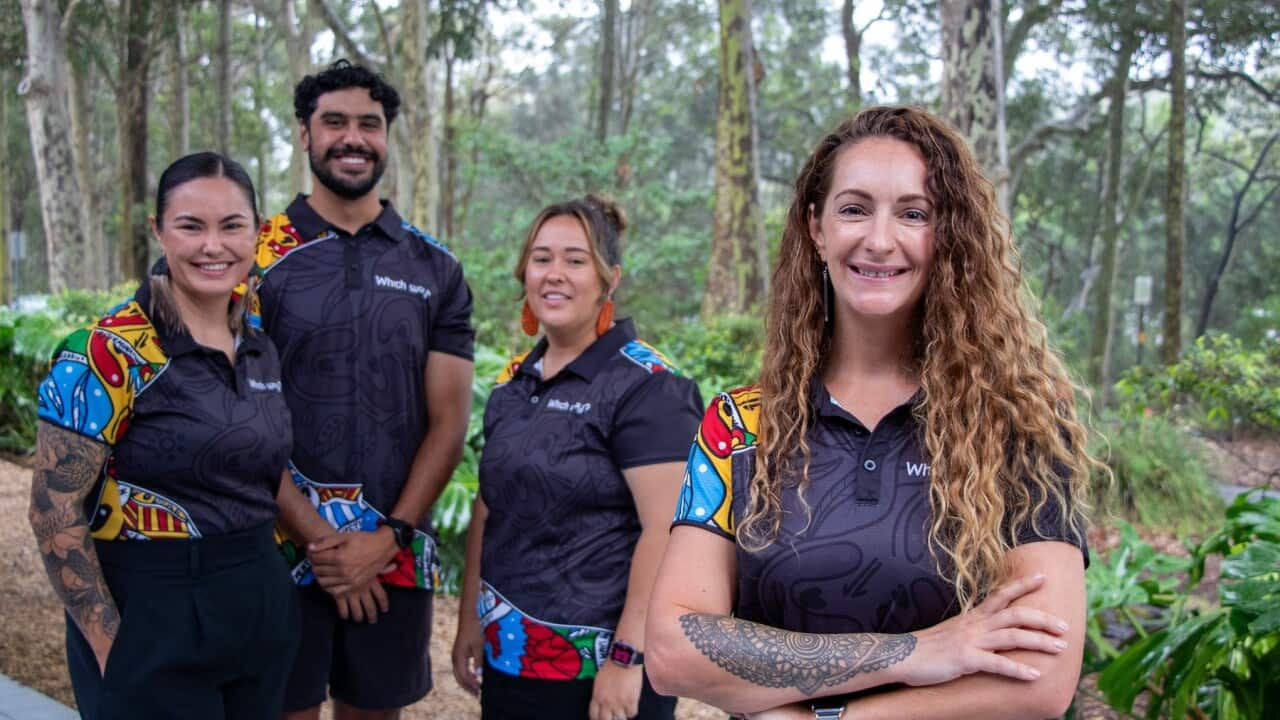The Swiss nonprofit group, Public Eye, denounced what they called Nestlé's “dangerous double standards,” which they said contributed to an increase in obesity “and led children to develop a lifelong preference for sugary products.”
The report compared the sugar content of Cerelac instant cereal and Nido milk powder, two of Nestlé's top-selling baby food brands in low- and middle-income countries, including Indonesia, which generated more than $2.5 billion by 2022.
Of the 115 products in circulation in Africa, Asia, and Latin America, 106 products contain added sugar.
Nestle has also been harshly rebuked by UNICEF and WHO. As a result, in 2022 WHO issued rules to protect the Health of babies and children, especially from instant products, in particular infant formula.
Diah S. Saminarsih, CEO & founder of Center for Indonesia's Strategic Development Initiatives (CISDI), lamented the findings, as it is not the first time Nestle has added sugar in food and baby products.

Diah S Saminarsih - CEO Centre for Indonesia's Strategic Development Iniciatives

Fitria Rosatriani - Waki Ketua Asosiasi Ibu Menyusui Indonesia (AIMI)
Diah pushed for the implementation of an excise duty on packaged sweetened beverages (MBDK), including infant formula.
In response to the allegations, Nestle issued a statement on its website titled .




